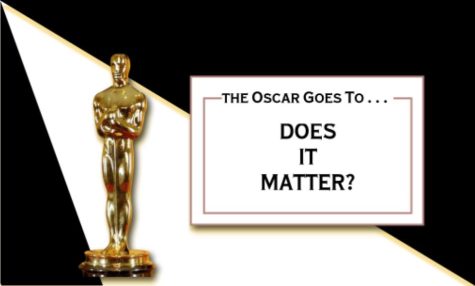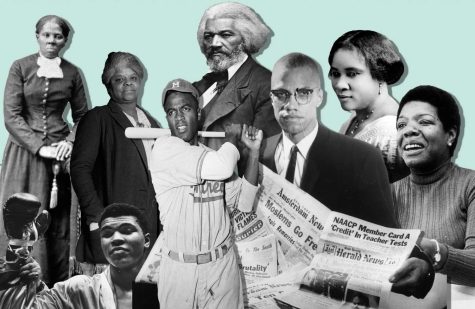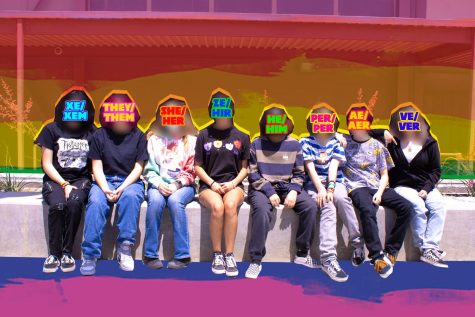Cultural Appropriation: No, white guy, you don’t get to wear dreadlocks
April 25, 2016
What is Cultural Appropriation? Well, it’s definitely not a fashion statement. Wearing someone else’s culture isn’t ‘cute’ or ‘this month’s trend’. Wearing someone else’s pieces that come from their culture does make you look a bit inconsiderate towards those specific group of individuals.
Recently a YouTube video went viral that showed a white guy being castigated by a black gal for his wearing of dreadlocks. People have weighed in from both sides of this issue.
Cultural Appropriation is defined as “The adoption or use of elements of one culture by members of a different culture.” Even though the definition of cultural appropriation doesn’t tell us straight out that using elements of another culture is wrong, it still doesn’t make it okay for people to use that as an excuse.
Cultural Appropriation is a way of stereotyping a race or culture, assuming everyone part of that race wears a specific element from their culture. It’s like assuming every single Native American wears large, feathery headpieces and lots of beautiful jewelry (which by the way is untrue). Native Americans only wore headpieces or ‘war bonnets’ in spiritual ceremonies and, members of a tribe had to earn their feathers either through acts of bravery or earned honor. Yes, these beautiful, indigenous people have gorgeous and eye pleasing items but, they aren’t meant just for anyone to wear. They’re not meant to be bold accessories in your outfit for Coachella. These items represent something and they belong to the Native Americans.
Reality star Kylie Jenner has been known to apparently start the ‘Big lip trend’ when social media poked fun at her sudden large lips. It’s obvious Jenner does not have naturally plumped lips so, why does the media praise her for apparently bringing back the ‘big lip trend’ if African American and Hispanic women have had natural plumped lips for years? Being ‘big lipped’ doesn’t belong to any specific culture but it’s not fair that a high paid celebrity star gets credit for what the average woman of color has been doing for years.
Remember, someone’s culture isn’t an aesthetic that you can just try to claim as your own. If you are interested in learning about another’s culture then feel free! There’s nothing wrong in wanting to learn about another group’s culture: why they do the thing they do. Learning something new part of our human nature. It’s important that we broaden our mind to the people around us, that way we can have a better understanding for others. Feel free to learn about the beauty of another culture as long as you don’t try to claim it as your own.
When you “try” to adopt a culture you can’t just take all the beauty of it and pretend the bad doesn’t exist. It seems like today media thinks it okay to try to claim African American culture or Black Culture as their own. The media thinks by changing the hairstyle name, ‘Cornbraids’ to ‘Boxer Braids’ it’s okay to take away black culture’s credit. No one is giving black culture any credit for the hairstyle and the media pretends as if they’re the ones who came up with the idea and that’s not fair. It kinda goes back to the whole Big Lip Trend. It isn’t fair that a celebrity says they’re “bringing back a trend” when these women have had beautiful, natural plumped lips since the bringing. When are these women gonna get credit? When these celebrities give them credit? I’ve said it many times already and I’ll say it again. You can’t take credit or use elements of someone else’s culture because ‘it looks pretty on you;’ to many people these elements have special meaning and you could serious offend someone for being inconsiderate.
Paying respect to another group’s culture is important. We all come from a different backgrounds and it’s important we remember that our culture’s (or other cultures) elements are not accessories. Our cultures are what make us unique and the only way we can show others how to respect other cultures is if we learn and start to respect and appreciate our own.

















